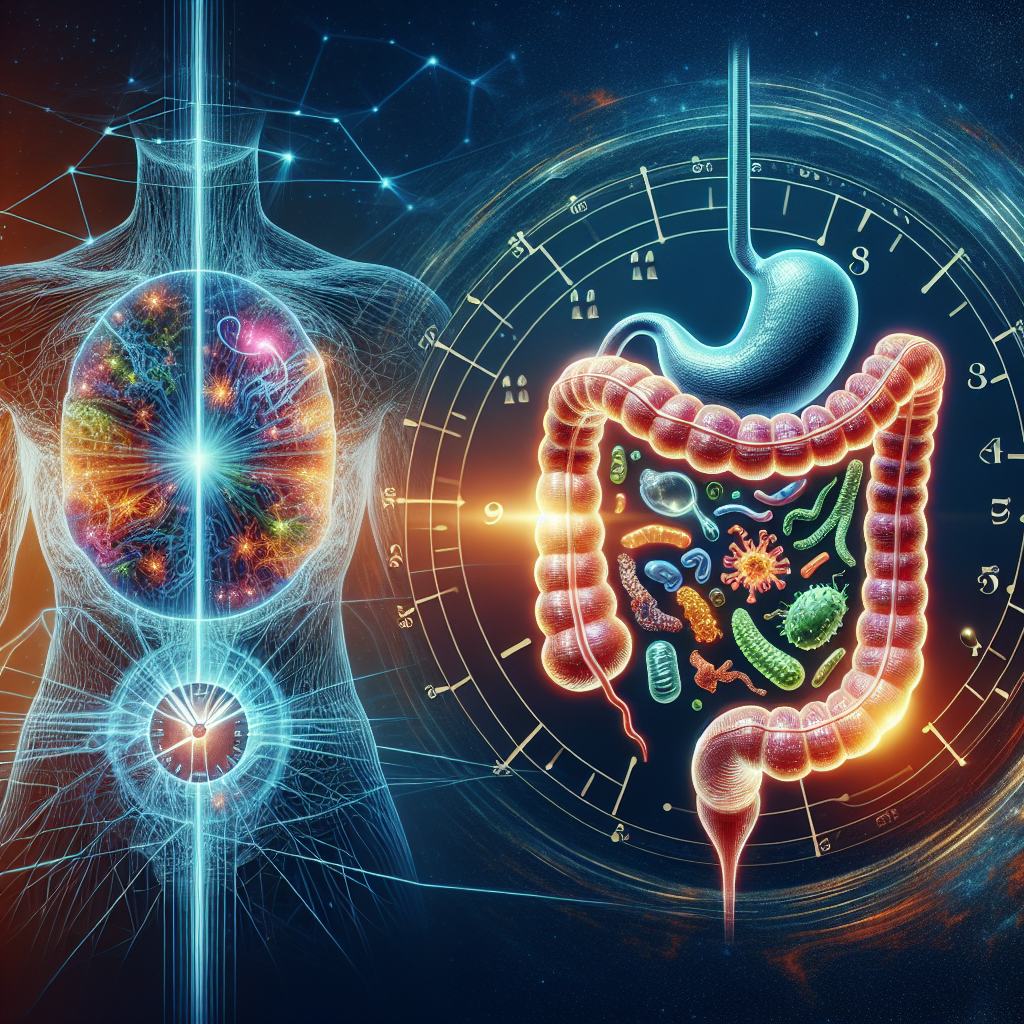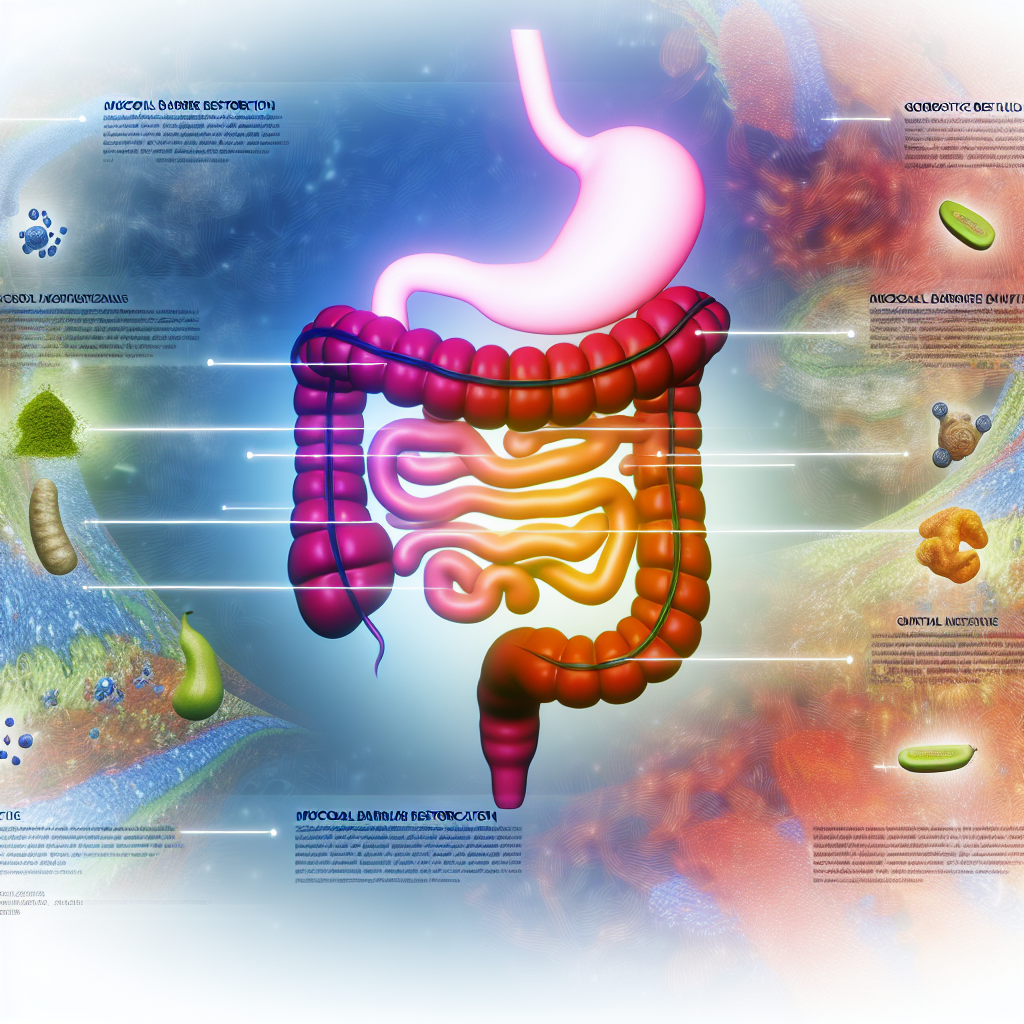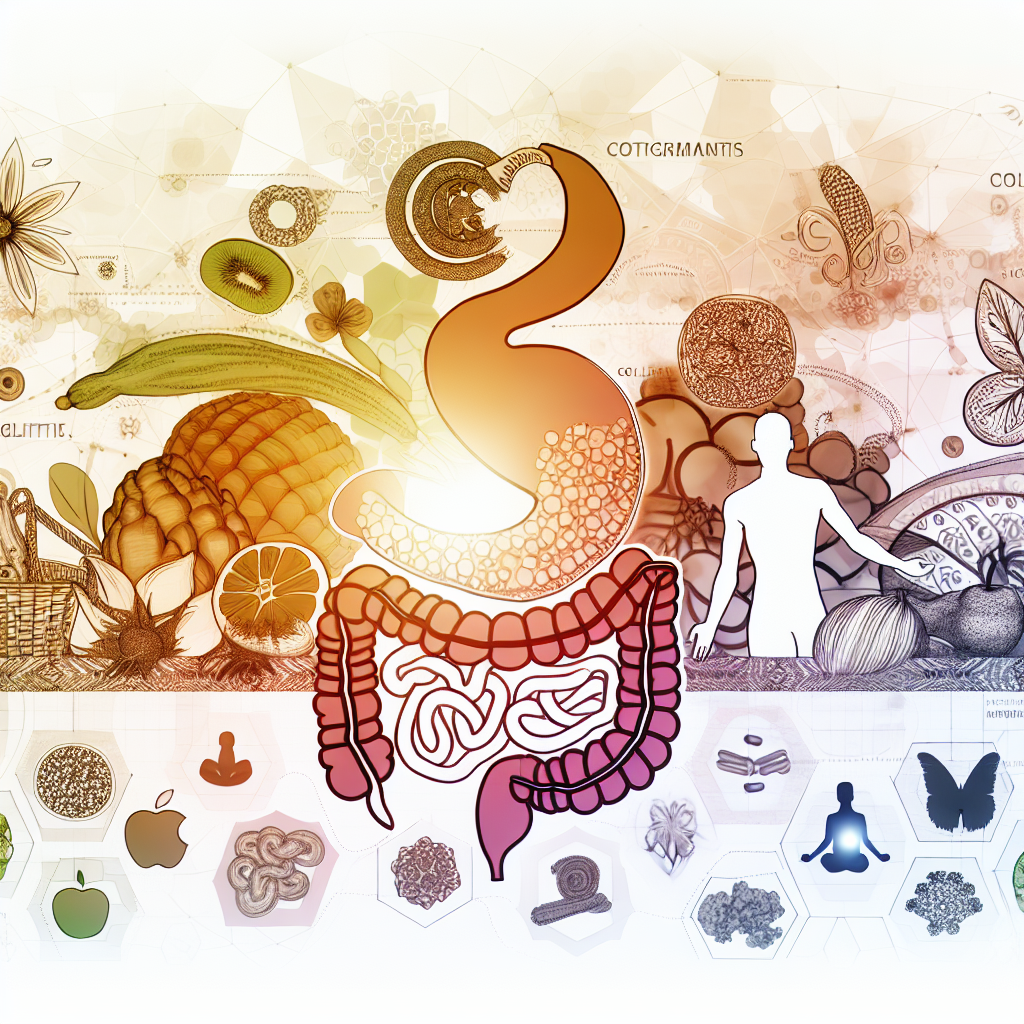Fasting Protocols for Gut Reset and Healing: A Comprehensive Guide
Introduction
The gut is often referred to as the “second brain” because of its profound impact on overall health, influencing digestion, immunity, mood, and even mental clarity. A balanced and nourished gut contributes to vibrant health, while gut dysbiosis—disruption in the gut’s microbial balance—can lead to symptoms like bloating, irregular bowel movements, fatigue, and even chronic conditions like irritable bowel syndrome (IBS).
In recent years, fasting protocols have garnered widespread interest as potential tools for resetting and healing the gut. By giving the digestive system a break from constant food processing, fasting can allow the gut to heal, regulate inflammation, and enhance microbial adaptations essential for proper gut function.
The Science Behind Fasting and Gut Health
1. Improved Gut Microbiota Diversity: A Game Changer for Digestive Wellness
One of the critical factors in gut health is the diversity of gut microbiota. A 2020 study published in Cell Reports found that intermittent fasting promotes shifts in the gut microbiota composition, leading to increased biodiversity.
2. Gut Lining Repair Through Autophagy: Rejuvenation on a Cellular Level
Autophagy, the body’s cellular cleanup process, is activated during fasting. According to a 2016 study in Nature Reviews: Gastroenterology & Hepatology, autophagy helps repair a leaky gut by recycling old and damaged gut lining cells.
3. Reduction in Gut Inflammation: A Step Toward Healing
Chronic inflammation in the gut is a major cause of many digestive issues, such as IBS and Crohn’s disease. Fasting has been shown to reduce the production of pro-inflammatory markers within the gastrointestinal tract, as highlighted in a 2019 review in The Journal of Clinical Medicine.
4. Enhanced Gut-Brain Axis Communication: Resetting the Link Between Gut and Mind
The gut and brain communicate through the gut-brain axis, influencing digestion, mood, and mental health. A 2020 study in Frontiers in Neuroscience found that fasting enhances this bi-directional communication, improving levels of serotonin (a neurotransmitter involved in both mood regulation and gut motility).
5. Stabilization of Circadian Rhythms: Aligning Digestive Health with Your Body Clock
Circadian rhythms—the body’s internal biological clock—play a critical role in digestion and overall gut health. Fasting can help reset these rhythms, aligning your feeding schedule with your natural metabolic patterns.
Fasting Protocols to Reset and Heal the Gut
Intermittent Fasting (IF): The Beginner-Friendly Protocol
Intermittent fasting, such as the popular 16:8 method (16 hours of fasting and an 8-hour eating window), is one of the easiest ways to incorporate fasting.
Extended Fasting: A Deeper Gut Reset
Extended fasting, typically lasting 24 to 72 hours, allows for a more profound detox and reset of the gut.
Time-Restricted Eating (TRE): Syncing with Your Body Clock
By consuming all meals within a limited timeframe—usually during daylight hours—time-restricted eating aligns with your natural circadian rhythm.
Alternate-Day Fasting: Balance Between Fasting and Feeding
With alternate-day fasting, you fast every other day, creating microbial shifts and promoting gut healing without prolonged calorie restriction.
Key Considerations Before Starting a Fasting Routine
Conclusion: Fasting as a Tool for Holistic Gut Health
Summary:
This comprehensive guide explores the science-backed benefits of fasting for gut health, including improved microbial diversity, gut lining repair, reduced inflammation, enhanced gut-brain communication, and stabilized circadian rhythms. It outlines various fasting protocols like intermittent fasting, extended fasting, time-restricted eating, and alternate-day fasting, providing guidance on how to implement them effectively for gut healing and overall wellness.

Dominic E. is a passionate filmmaker navigating the exciting intersection of art and science. By day, he delves into the complexities of the human body as a full-time medical writer, meticulously translating intricate medical concepts into accessible and engaging narratives. By night, he explores the boundless realm of cinematic storytelling, crafting narratives that evoke emotion and challenge perspectives.
Film Student and Full-time Medical Writer for ContentVendor.com




